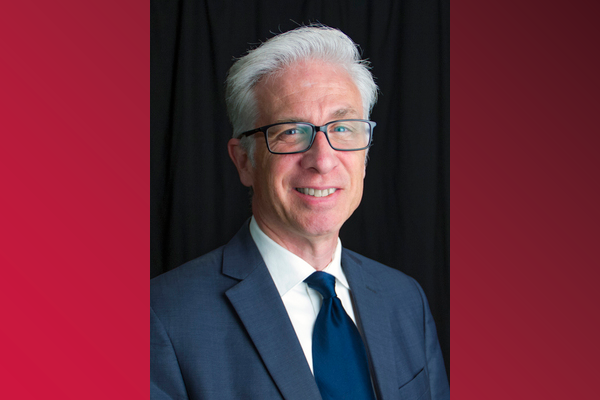
When someone says they want to know the future of something, what they are really saying is they want to know what the state or behavior of some complex system is going to be at point n in the future. This lecture will make the case for the disciplined study of the future via the historical method: I will redefine the discipline of history as that which studies the past behaviors of complex systems. Given this redefinition, I will argue that historians are methodologically well-positioned to anticipate — not predict — the possible future behaviors of a wide variety of complex systems. This lecture will consider the future of social, technological, economic, environmental, and political systems.
David Staley is an Associate Professor in the Department of History and (by courtesy) the Departments of Design and Educational Studies at The Ohio State University. He is the author of Alternative Universities: Speculative Design for Innovation in Higher Education, the co-author of Knowledge Towns: Colleges and Universities as Talent Magnets, the author of Visionary Histories, a collection of futures essays, and author of History and Future: Using Historical Thinking to Imagine the Future. He is an Honorary Faculty Fellow at the Center for Higher Education Leadership and Innovative Practice (CHELIP) at Bay Path University, and a fellow at the Center for Science and the Imagination at Arizona State University. He writes the monthly futures column "Next" for Columbus Underground, for which he was awarded "Best Freelance Writer" by the Ohio Society of Professional Journalists in 2022.
Reception Location: Ohio Union Ohio Staters Traditions Room
